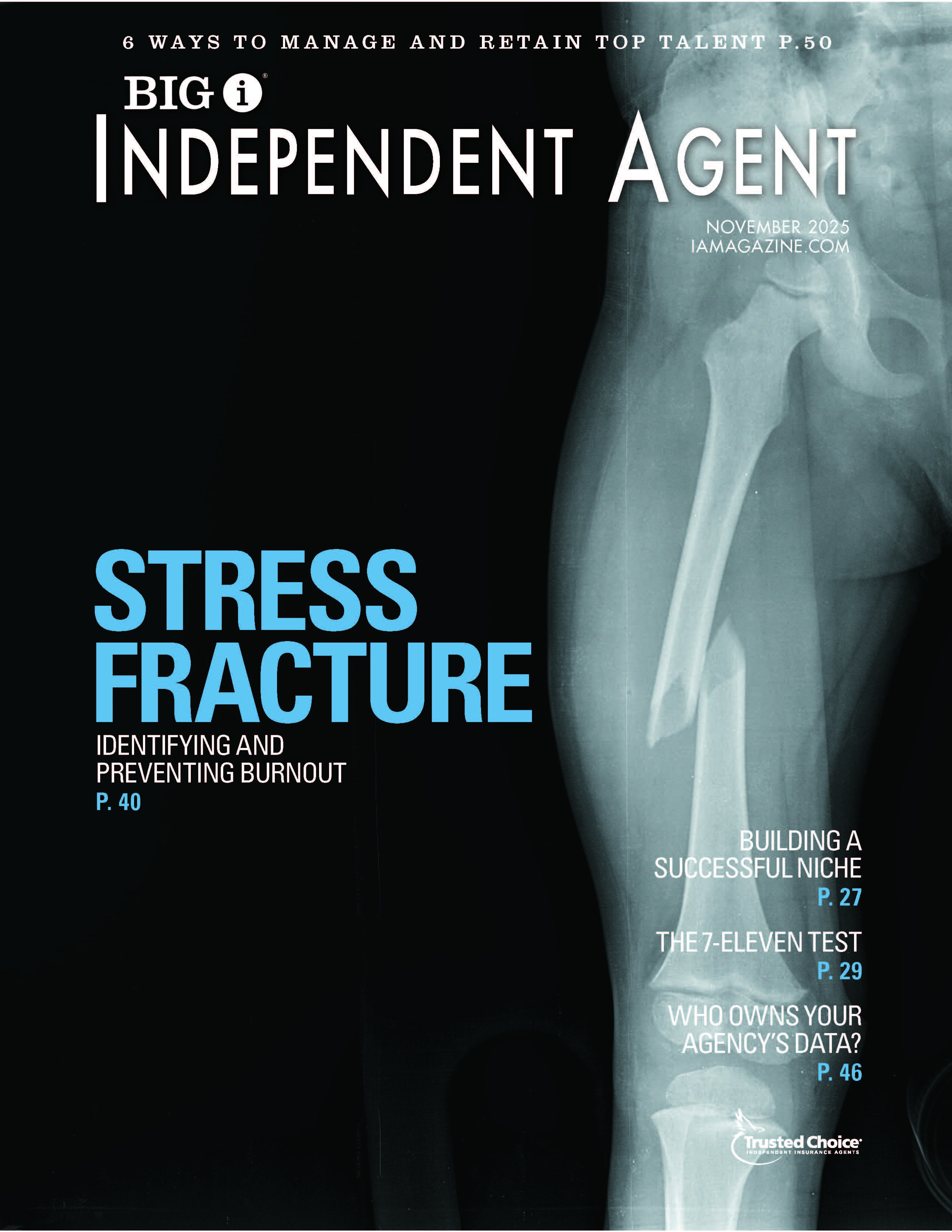PAP Coverage for Military Personnel; Waivers of Subrogation
By: Bill Wilson
| PAP Coverage for Military Personnel Our Ask an Expert service received the following question: “The 18-year-old resident son of our insureds enlisted in the Army, went to boot camp for 14 weeks and took three days leave. While riding in a pickup bed that overturned due to the driver’s negligence, he was killed. The driver’s $20,000 BI and PIP are exhausted. The parents have $100,000 UIM coverage. Is he still a household member while in the military? He was not married and lived at home prior to enlisting. The adjuster says he is no longer an insured.” This is an important question, particularly given the number of military personnel that have been moved from reserve to active status during the past decade. Obviously, we need to consider where the loss occurs since the PAP has territorial limits. Also, UM/UIM laws must be considered to ensure that the loss is covered aside from the issue of residency. We ran this by our personal lines faculty and their opinions included the following remarks: Permanent residence, absent evidence to the contrary, is the parents’ home, not the military. You also have to consider any other exclusions in the policy, along with statutory issues. From the standpoint of residency, I believe most courts would agree that the resident child is only temporarily away from home. Nothing in the policy governs as the term is not defined. The appeals court in our state ruled a year or two ago that a 38-year-old, 20-year Navy member who never lived except on base or ship was still a resident under his mother’s homeowners policy. He still had a local driver’s license and voted there. In the Ohio case of Prudential v. Koby, a 32-year-old captain in the U.S. Army was ruled to have held dual residency at his home as well as that of his parents. The court stated, “…there was no requirement that, in order for a person to be a resident of the named insured’s household, such residence must be the sole or exclusive residence of the person.” This might be more of a legal question for a court to decide. The PAP doesn’t address this directly. It does say a “family member” has to be a relative who is a resident of the named insured’s household. The dictionary defines “resident” as “a person who resides in a place.” This situation is similar to a college student who is away from home. It might also make a difference as to whether this is a full-time military person or a National Guardsman temporarily on active duty. Waivers of Subrogation One of the most common contractual requirements your commercial insureds face is a requirement to waive a right of subrogation. Most often, these waivers are one-sided when it comes to general liability, but mutual with regard to property damage under lease agreements. They can also arise under business auto, workers compensation, marine, umbrella and other exposures. Insurance claims typically arise through someone’s negligence. In general, and as a matter of equity, the negligent party should be liable for such negligence. For example, a tenant may damage the building she is renting. The building owner’s policy would pay for such damage, assuming the loss is covered by the policy. When payment is made, the building owner will typically then be required to transfer her rights of recovery against the negligent party to her insurer, who then “subrogates” to recover the amount paid. However, if the tenant has a long-term lease or is otherwise a highly desirable occupant, as a matter of goodwill or as a contractual provision of the lease agreement, the building owner may want to waive the insurer’s right of recovery, or subrogation. Similarly, other leases may require the tenant to hold the building owner harmless and waive rights of subrogation against the owner. In either case, some policies permit subrogation before and/or after loss and others don’t. Some permit it only in writing, while others are silent on this point. Some policies effect a waiver of subrogation by endorsement or include it within the policy language. Subrogation waivers are neither good nor bad necessarily, but they’re often a part of doing business. Almost all hold harmless agreements will have some requirement for a waiver of subrogation; otherwise the hold harmless provision has little meaning. Sometimes subrogation waivers are unilateral, most often when the parties have unequal bargaining positions. For example, construction contracts often require subcontractors to waive subrogation against general contractors, but not vice versa. In property insurance, mutual waivers of subrogation are more common, particularly in lease agreements. To review our analysis of how subrogation waivers are treated in all major insurance lines, go to the Big “I” Virtual University. Bill Wilson is director of the Big “I” Virtual University, an online learning center for agents and brokers. |










